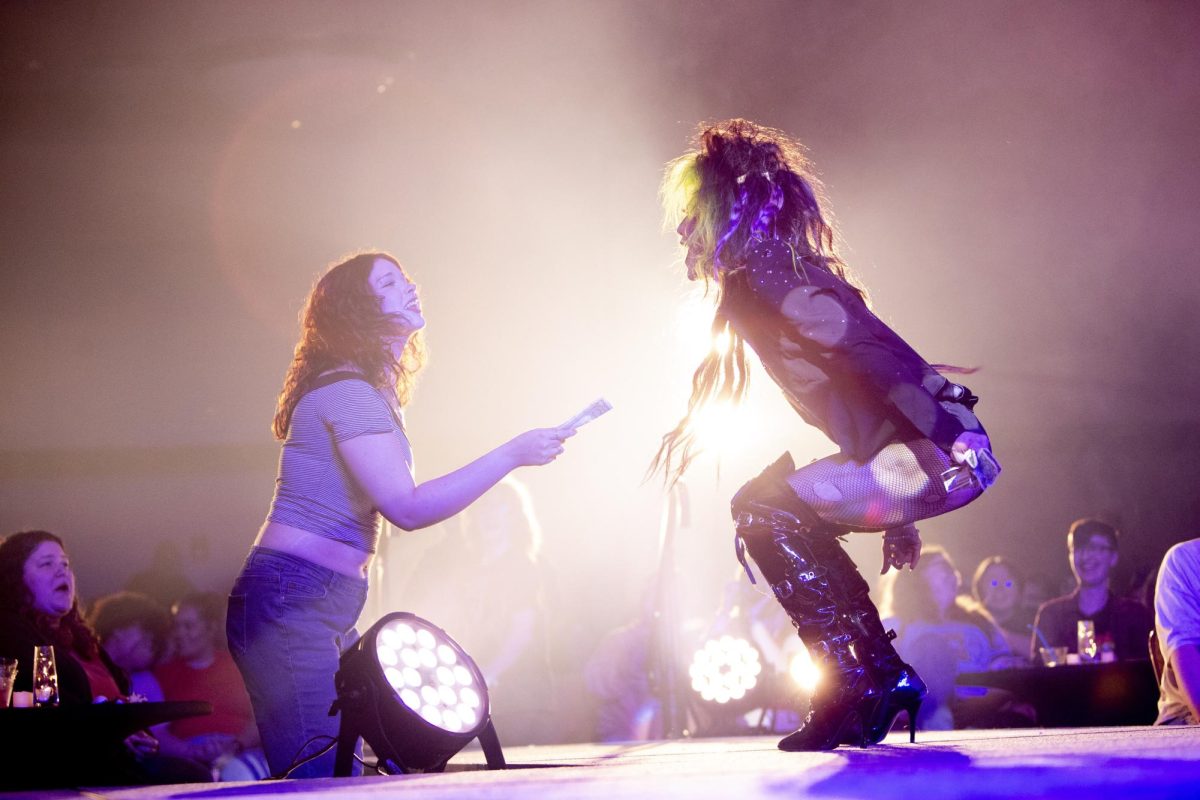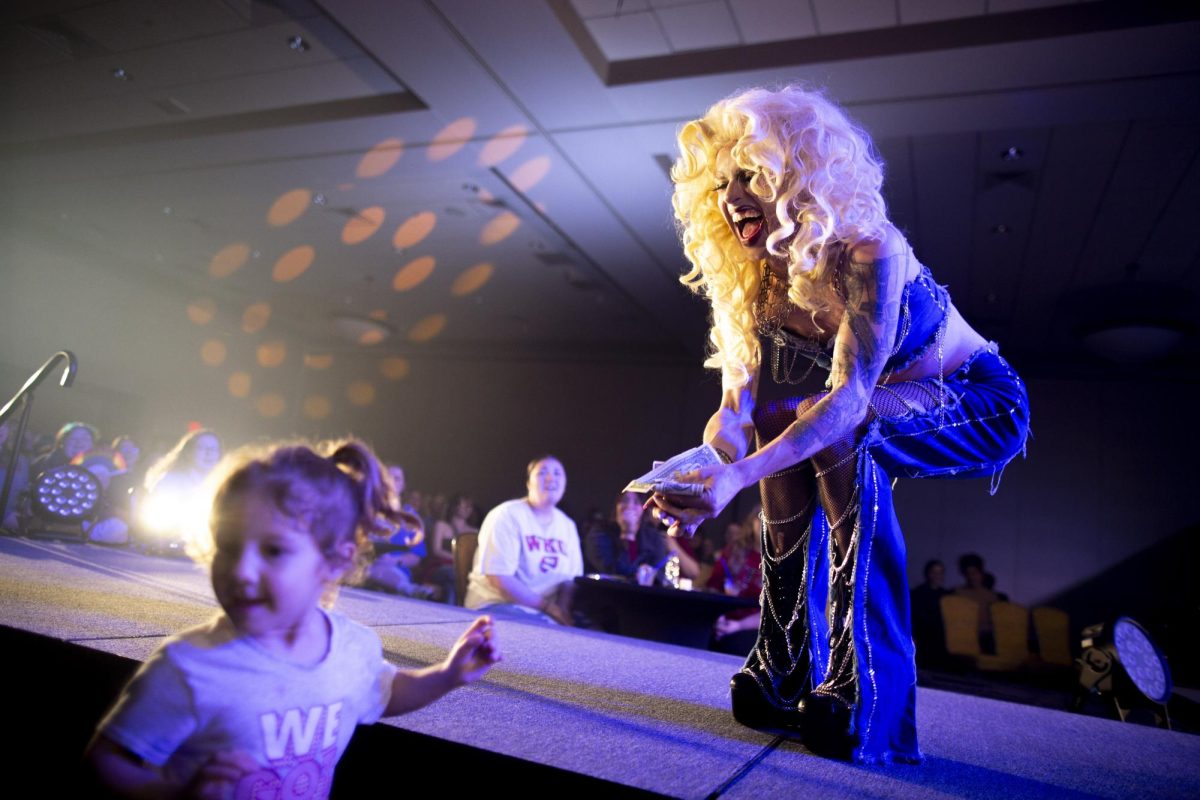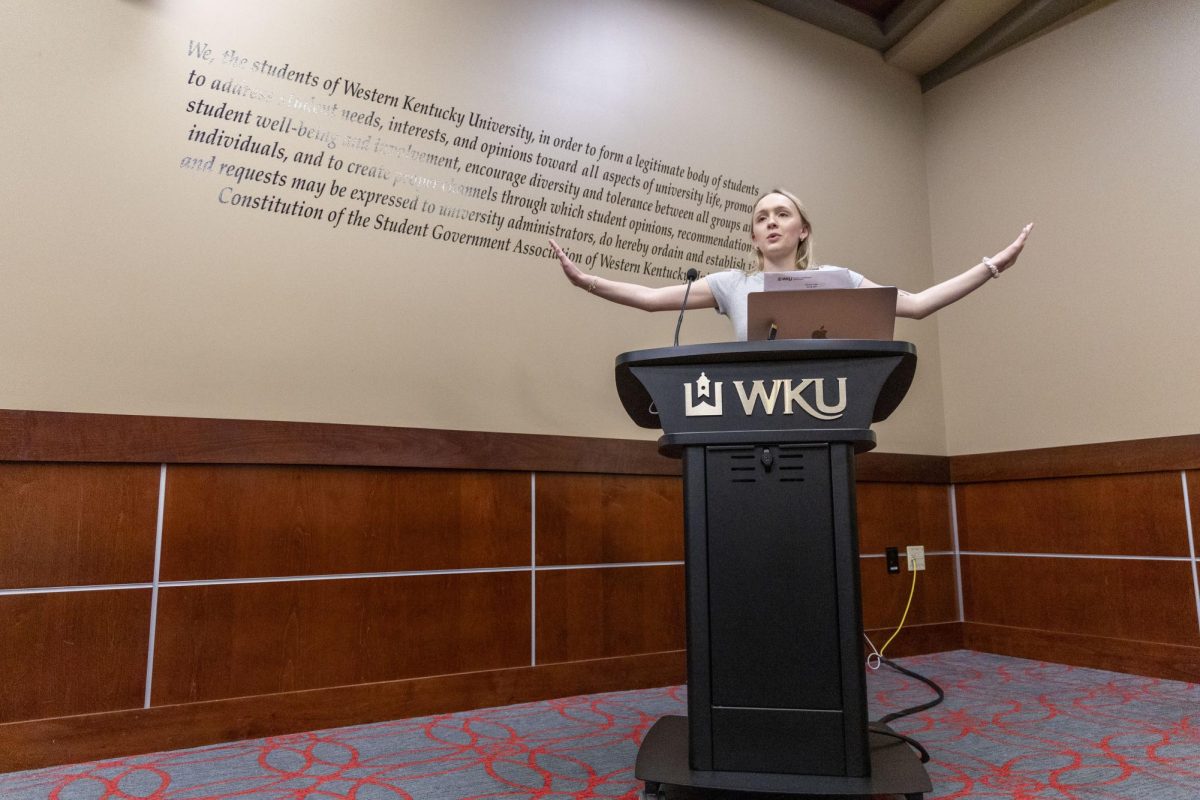Group looks to help former incarcerated persons get on their feet
October 10, 2013
Incarceration rates are steadily increasing in America, but a new WKU organization is hoping to erase the negative stigma that is associated with those who were once incarcerated.
The regional group, We Stay Free, has its origins at a maximum security prison in the Lois M. DeBerry Special Needs Facility in Nashville. Sociology professor Kate King teaches a class at the prison as part of the “Inside Out” program, where students and incarcerated persons take classes together within a prison setting.
King created a work group called “Think Tank” that brainstorms ways to give back to society. It was from Think Tank that idea of We Stay Free was born.
Maysville junior Whitney Allen is the president of WKU’s We Stay Free, and said the organization came out of the experiences at the prison.
“They spend time with inmates there and talk about resources, how to re-enter into society and with that came the chapter,” Allen said. “We’re still able to help them here on campus, anybody that’s recently gotten out of prison or jail, to help them be an active citizen.”
Allen said one of the organization’s main goals is to establish transitional living, a place for previously incarcerated people to stay and get back on their feet after reentering society.
To do that, however, the group needs money.
The chapter will be having a fundraiser yard sale on Oct.12 and a bake sale on Halloween in Grise Hall. The fundraisers will primarily help to purchase more phones for a hotline that serves as a resource for people leaving prison to find information about jobs, food and housing in their area.
Three phones will be purchased, with two to be used to talk to formerly incarcerated persons.
Through the fundraiser, the chapter hopes to curtail growing re-incarceration rates.
“After someone gets out, three years later they go back,” Allen said. “We’re trying to do something about that.”
Graduate students of the chapter who participated in the think tank went to Delancey Street Foundation in San Francisco over fall break to learn how their model works and how We Stay Free could learn from the organization in order to be a successful group.
The Delancey Street Foundation, one of the nation’s leading residential self-help organizations, aids substance abusers, ex-convicts, the homeless and others, according to group’s official website.
Bowling Green graduate student Cecelia Satterly, graduate advisor of We Stay Free, was among those who made the trip.
Satterly said Delancey only has three rules: no drugs or alcohol, no physical violence and no threat of physical violence. The rest are guidelines, she said.
“They’re not a rehab program, they’re peer-led and they (residents) run Delancey Street,” she said.“ It’s different than what we think a rehabilitation program should be.”
Satterly said to get into Delancey you have to want to be there. They have to write a letter and be interviewed to get into the program.
“People are pleading for that opportunity,” she said. “It’s like 330 people under one roof and they all watch out for one another. It’s kind of like A teaches B and they both get better. It’s a total different way of thinking.”
Satterly said these people have been shut out in America and it’s hard for felons to get jobs.
Russellville alumni Karli Rutherford, a founding member of the chapter, said she went to the think tank and helped form the ideas for the chapter.
“I hope students develop a sense of awareness for the individuals that are incarcerated and students develop a sense of community,”












